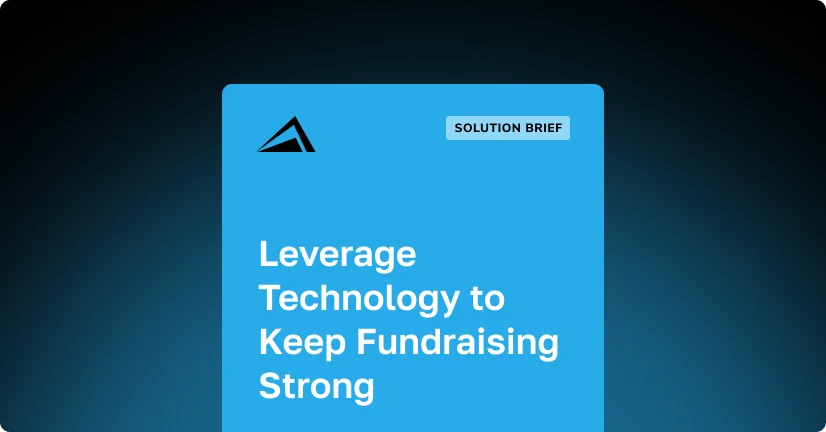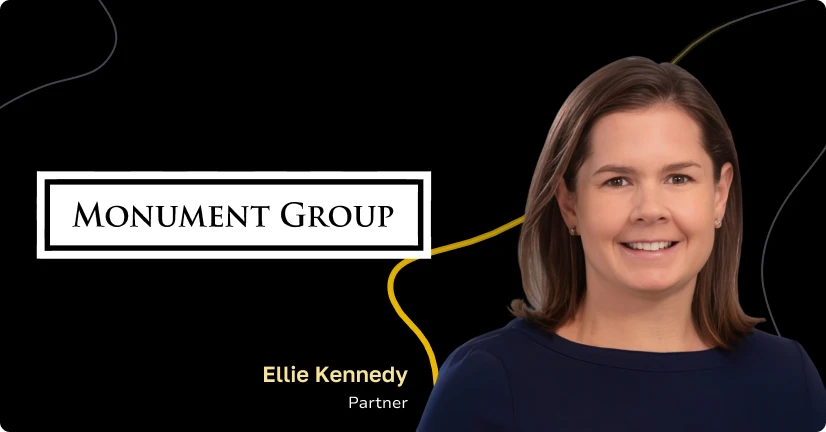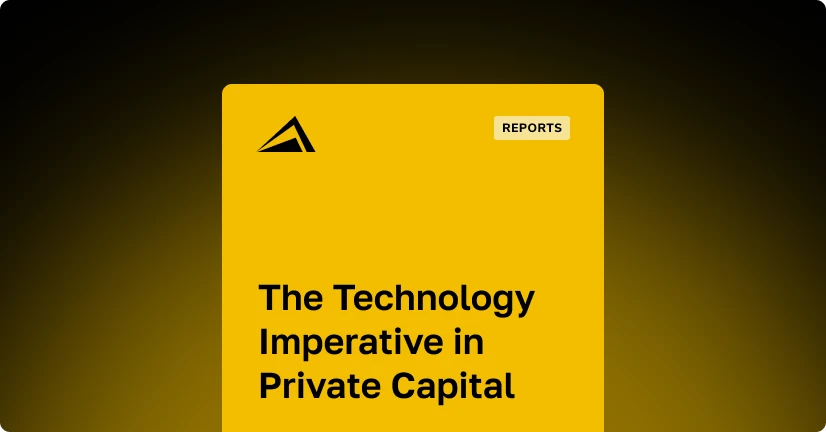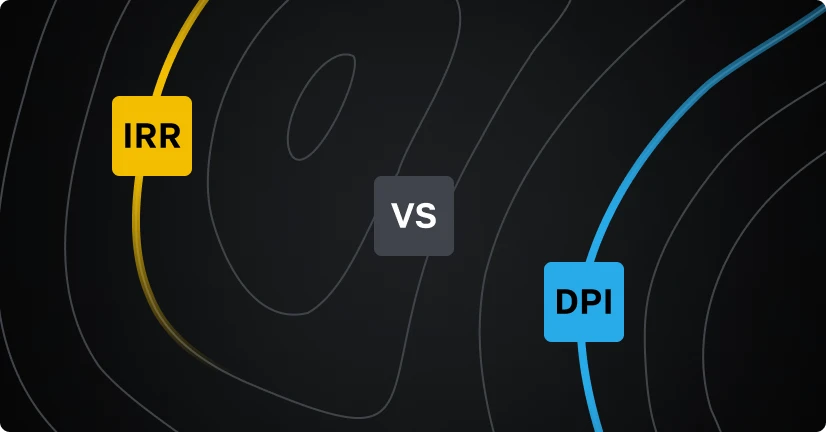Platform
Blogs
Altvia Blogs
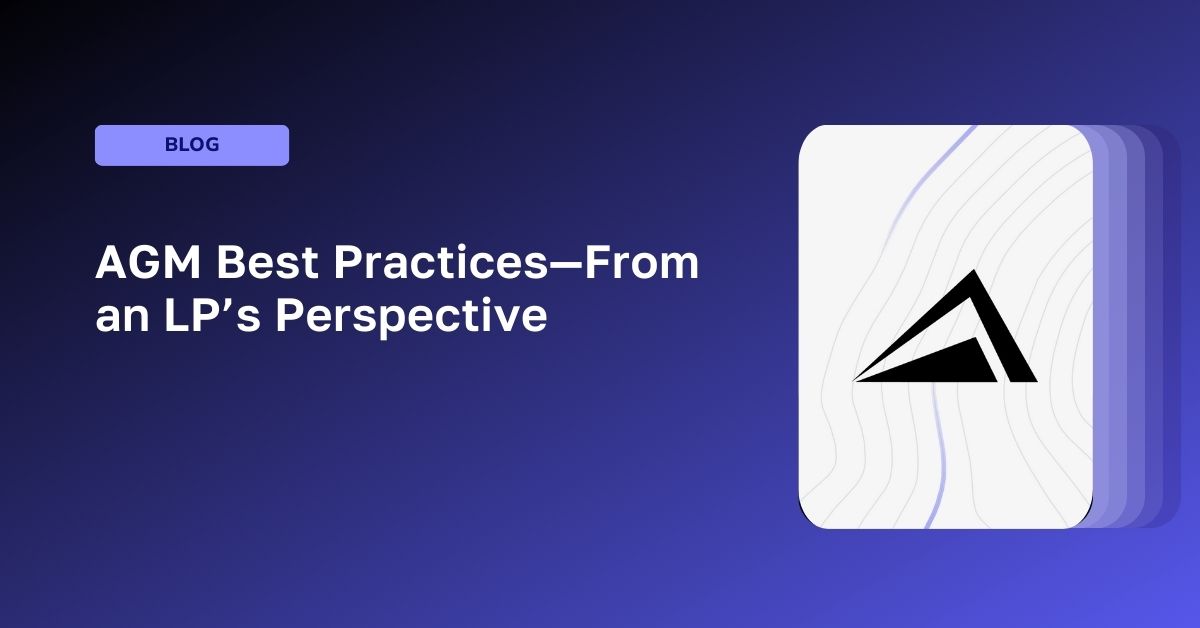
Blog
AGM Best Practices—From an LP’s Perspective
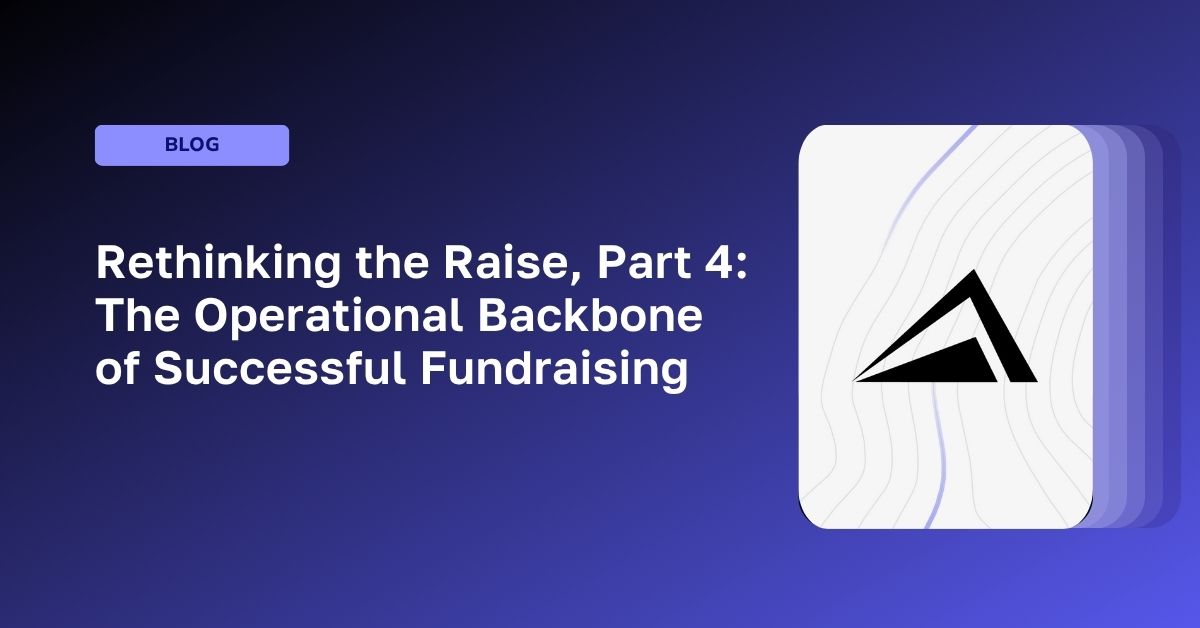
Blog
Rethinking the Raise, Part 4: The Operational Backbone of Successful Fundraising
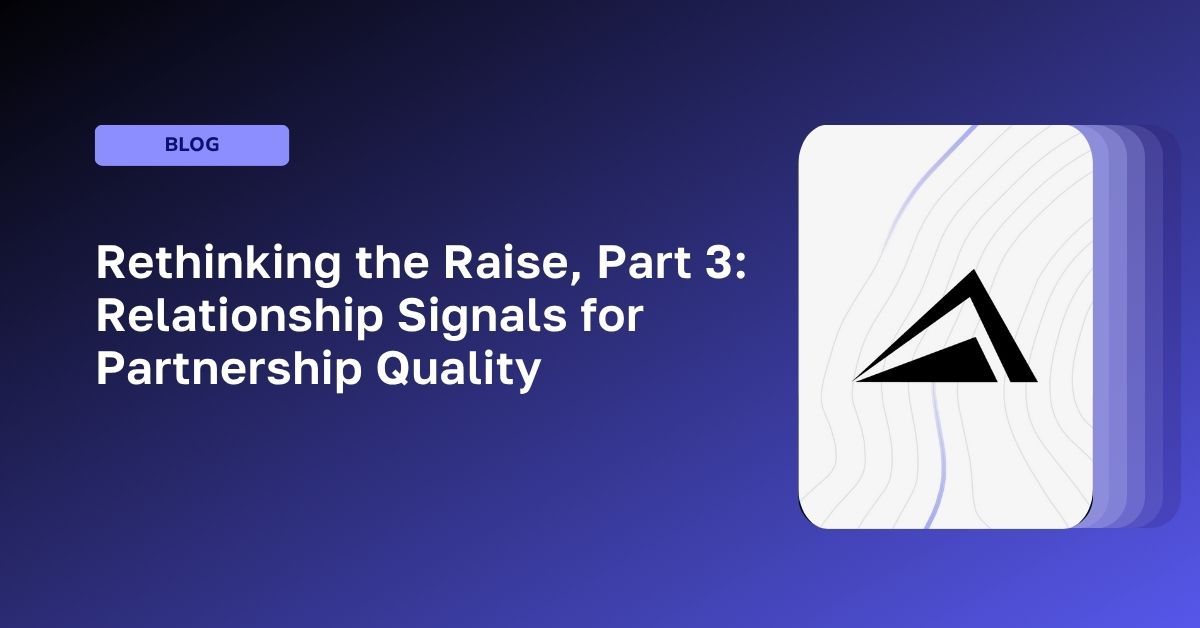
Blog
Rethinking the Raise, Part 3: Relationship Signals for Partnership Quality
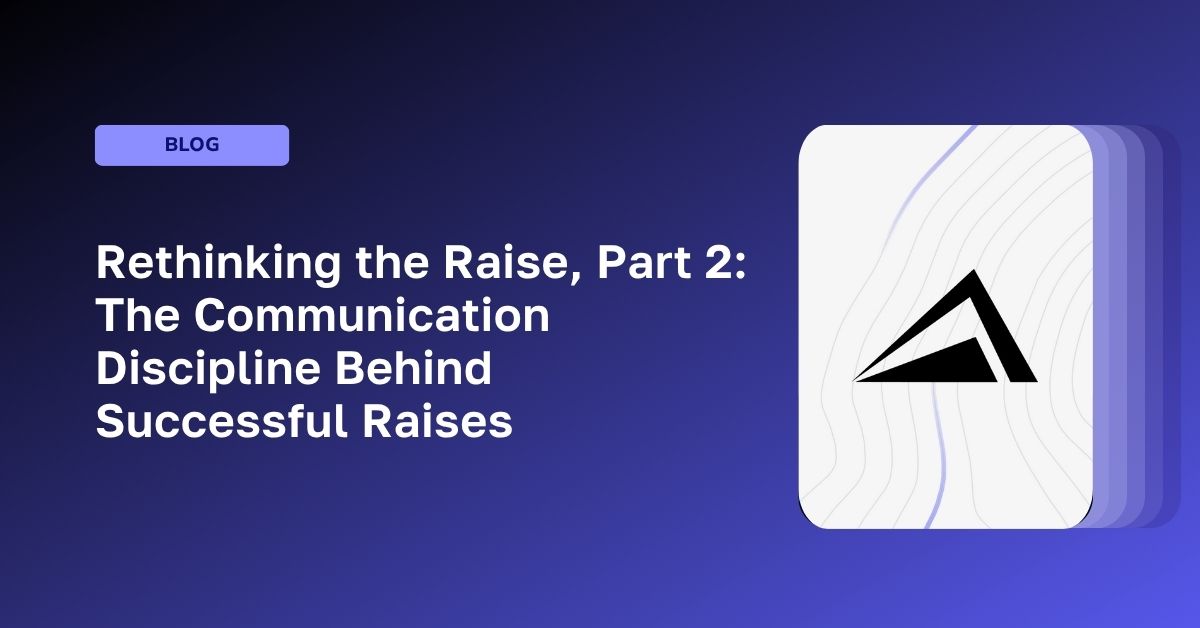
Blog
Rethinking the Raise, Part 2: The Communication Discipline Behind Successful Raises
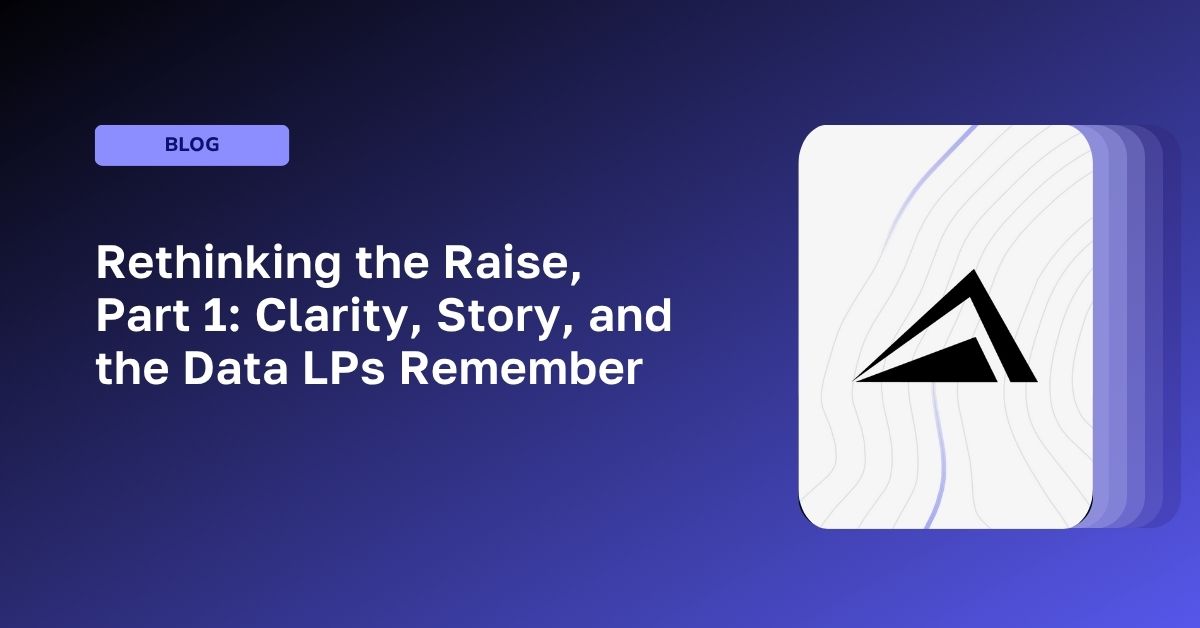
Blog
Rethinking the Raise, Part 1: Clarity, Story, and the Data LPs Remember
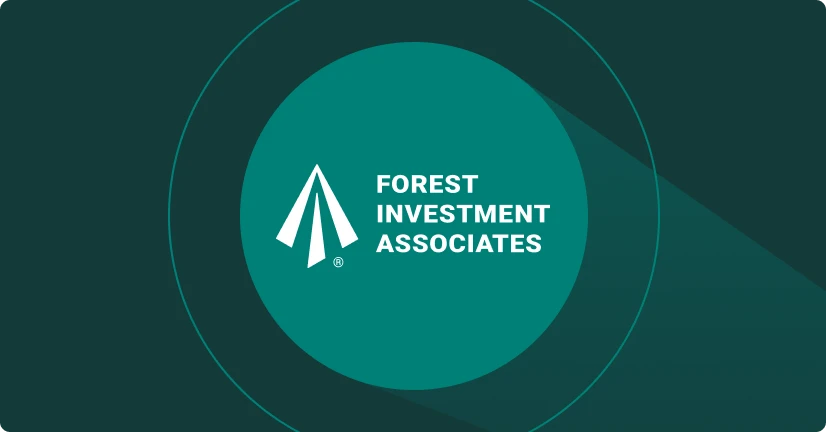
Blog
New Client Spotlight: Forest Investment Associates
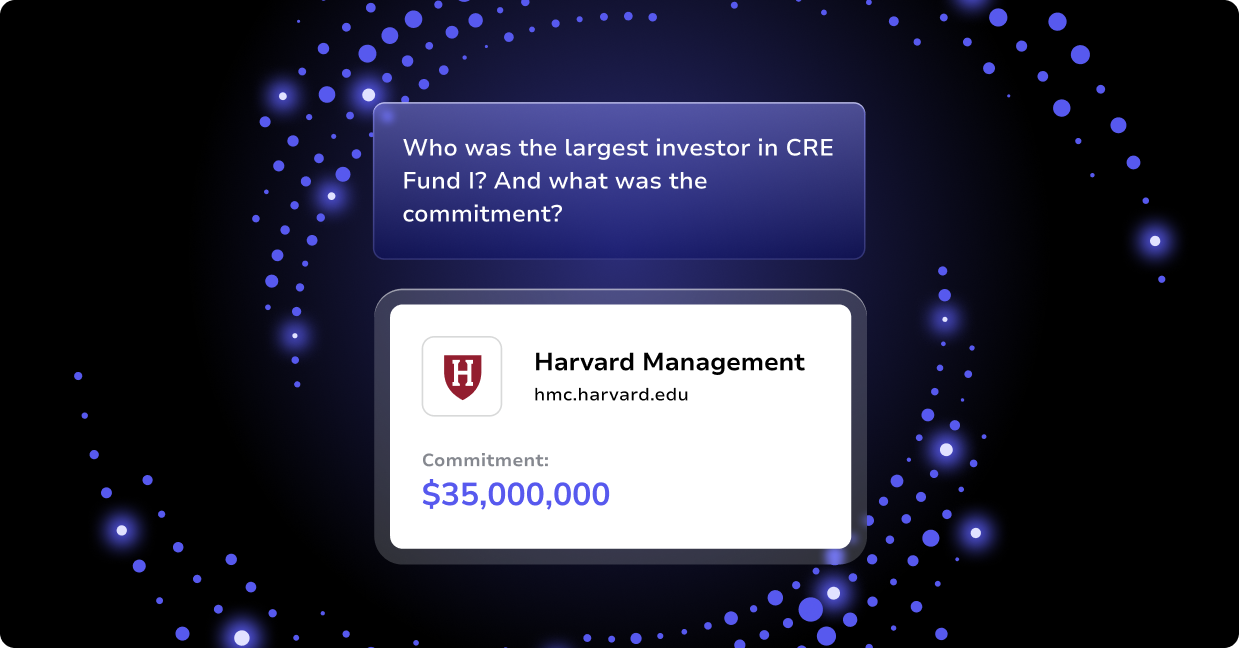
Blog
AI Without the BS: Purpose-Built for Private Capital Teams
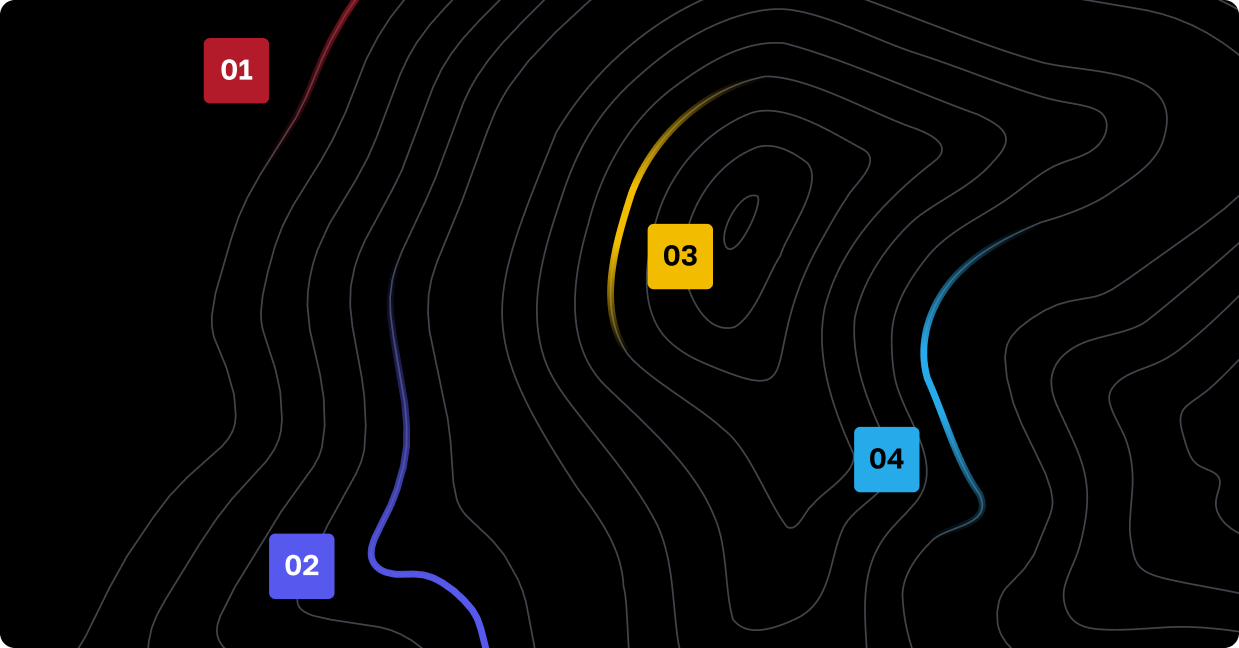
Blog
The AI Advantage: A Roadmap for Private Equity Success
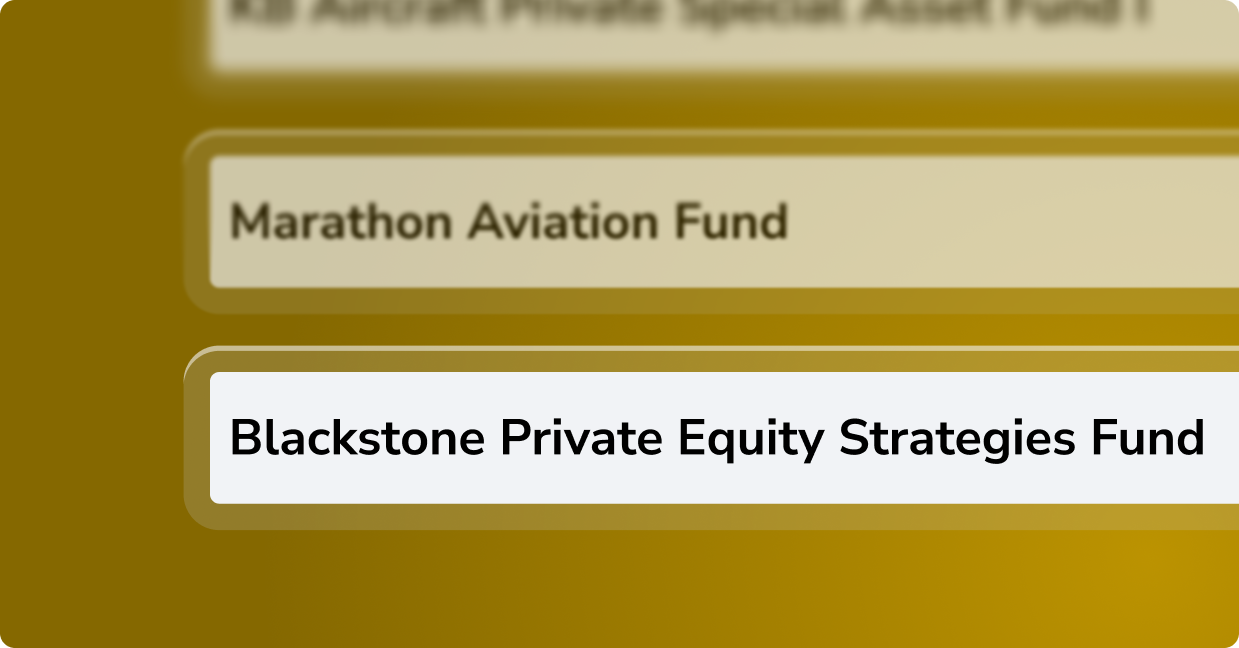
Blog
Private Equity in 2025: AI, Fundraising, and the Race to Stay Ahead
Book a demo
See Altvia’s Platform in Action
Learn how Altvia helps you unlock intelligence, deepen relationships, and drive performance across every fund, strategy, and stakeholder.
Get in Touch
Fill out the form below with your work email to be routed to a calendar to select your meeting time.
